1. "I knew I was attracted to multiple genders for years but didn't know how to own it."
"I knew I was attracted to multiple genders for years but didn't know how to own it. The first time I called myself queer everything fell into place. I embraced my sexuality as disruptive and transformative. Today, queerness is the base of my politics, a lens through which I examine history, and the fuel that fires my writing. To be queer means I wake up every day ready to both love who I am and push myself to grow." —Audrey White, 23
2. "This sense of otherness is a sentiment I generally identify as a feeling of queerness."
"I don't typically 'define' myself as queer explicitly, although I very much identify with the term. 'The other' so thats super ambiguous but I think queer means like anything that is atypical or 'other' from the context in which it is being used. As I'm a homosexual male, I identify with the term queer in that there is an underlying feeling of otherness from the majority of the American population in many areas of my life (politics, economics, business, pop culture, etc.) that intrinsically accompanies being part of a minority. I relate to the term in that even as a gay male I often feel atypical or somehow unlike the majority of my cohorts (with regard to how I express my sexuality, etc.) and this sense of otherness is a sentiment I generally identify as a feeling of queerness." —Matt Little, 25
3. "As if I have it all figured out at 24 somehow."
"Being queer means that I get to fuck who I want (with their consent) without being asked what I am first, as if I have it all figured out at 24 somehow." —Lucy, 24
4. "It lets me comfortably move with my sexuality as it changes during different periods of my life."
"I identify as queer because it lets me comfortably move with my sexuality as it changes during different periods of my life, and because the gender of my partner — or my choice not to have a partner for some period of time — in no way defines my access to it as an identity." —Sarah Einstein
5. "Almost every other term requires an 'other' as part of its definition. Queer does not."
"The best part of the term 'queer' is that what it means to each person becomes a personal act of self-definition. Almost every other term requires an 'other' as part of its definition. Queer does not. Fluid similarly can live outside of relationship to another as well. This is where the power of queer lies for me, in spite of its more widespread use as an umbrella term for LGBTQIA... I kind of would have preferred if it hadn't also become that umbrella term, but stayed closer to the queer theory roots. But for me, it's all there in the roots. And it's not a sexual identity for me. If I had to choose a sexual identity, it would be pansexual (plumbing is not important to me — personal and emotional connection is) and/or demisexual/asexual." —Beth Pietrzak, 45
6. "Not apples and oranges, either. More like apples and a fruit salad."
"I find that my definition of/identification of the term 'queer' changes with my geographical location and age. When I lived in the South, I identified more as lesbian because it constituted both a social group and a clear connotation of who/what I was looking for at the time. As I got older and moved up north, the term 'queer' started to feel more like it defined both who I was sexually and also politically.
But it's definitely contextual. If I were signing up for an Ellen Page fan club, for example, I would say lesbian. (Because that question would definitely be on the application). If I were signing up for a Judith Butler fan club, however, it would be queer. It doesn't feel to me like the terms are contradictory or even comparable. Not apples and oranges, either. More like apples and a fruit salad." —Jessica, 26
7. "Queer is what you make it."
"I know many people use 'queer' as an umbrella term, and I understand why they do, but I think it's really reductive to forget that while it may be an umbrella term for some, it's very specific for others. Queer is what you make of it — and, for me, being queer means that my sexuality is not fixed, that it can evolve over years and that I can be sexually and romantically attracted to various degrees to the spectrum of gender identities that exist. When people ask me what my sexuality is, I say queer, and if they don't know what that means, I'll say that I don't label my sexuality at all — I have a very complicated relationship with the term 'bisexual' because of the associations of promiscuity that my LGBT-phobic straight peers attached to it. In that instance, bisexual felt like a word that I could not control in my own social circles. Queer feels like a term that I can make my own." —Andrea Garcìa-Vargas, 23
8. "I see both gender and sexuality as fluid concepts that I think we should be able to freely move between."
"Well, I'm no scholar on LGBT stuff but my personal description would be something along the lines of: anybody who doesn't identify as 'heterosexual' or anybody who doesn't feel that they belong within society's strictly defined gender binaries. I label myself as a 'queer' person because I see both gender and sexuality as fluid concepts that I think we should be able to freely move between. I don't necessarily define myself as a 'lesbian,' but I don't identify as heterosexual and I reject our society's definitions of masculinity and femininity." —Annabelle Nyst, 25
9. "I don't feel like the other labels appropriately describe me."
"I use 'queer' because, besides 'pansexual,' I don't feel like the other labels appropriately describe me and pan hasn't made it into the larger vocabulary yet. I've been married to a woman, and now I'm married to a man. I don't like 'bisexual' because I think it can be trans and genderqueer exclusionary. I also don't like it as much because generally I'm more attracted to people who identify with a feminine presentation than masculine, even though I am married to a pretty cisnormative man and find him attractive. When I was with my ex-wife, I identified as lesbian, and I still do internally in some ways. But I do benefit from people seeing my relationship as normal, so I don't use that term because most self-identified lesbians do not have those benefits." —Chanda Hsu Prescod-Weinstein, 32

10. "Queer is a term I use to ease myself into a community that I don't know very well at all."
"Queer is a term I use to ease myself (a bisexual male — a realization I came to very, very recently) into a community that I don't know very well at all, don't know how to navigate yet, and don't have very many friends in yet. It feels somehow easier to say, and carries more weight and respect in the eyes of straight women and gay men than the word bisexual. That in itself sucks, but what can you do?" —Steve, 26
11. "'Bisexual' does not cover enough territory."
"To me, queer is a self-identification of solidarity with other people who are mindfully gender and orientation transgressive. It is, as others have noted, a political label of mind-set, not or performance. I do stand by the label 'bi' in gay/lesbian spaces as a reminder that we exist, and we are not halfway, or confused, or in denial on the road to same-gender monosexuality; but I live in a world that transcends the binary of heteronormative gender boxes, and so 'bisexual' does not cover enough territory." —Kat
12. "I didn't know that pansexual was a thing."
"Queer describes my fluidity best — both my attractions and my gender identity, and often my politics. But I also came up in an age (or location, anyway), where I didn't know that pansexual was a thing. So, I probably would have chosen that if I could have and added queer for the politics of resistance later, with some ambivalence because so many non-straight people hate the word [...] there's privilege in being able to throw it around." —Susannah Bartlow, 36
13. "Being queer, however, is a commitment to change beyond the reach of your own quality of life."
Casually speaking, I tend to refer to myself as a 'gay black man' because it's just what comes to mind. 'Queer' strikes me as a way of living/thinking more so than an identity, and I certainly do try to live as queerly as possible. Being queer is about embracing gray areas, subversion, about using our lives and identities to do something rather than simply exist. Being an out gay man is not radical; it's wonderfully human. Being queer, however, is a commitment to change beyond the reach of your own quality of life. It says, I think, 'I'm not just fighting for my own life. I'm fighting for yours, too.'" —Saeed, 28
14. "I've always seen [the world] through queer eyes."
"For me, queer goes beyond sexuality and encompasses the way I see the world. Finding queer writers, artists, and creators for the first time felt like a kind of coming home, a glimpse of a refreshing space where I didn't have to continually adjust myself to fit into an imperfect heteronormative mold.
Living queerly means seeing the world without heteronormative assumptions about the relationship of two people walking down the street together, about their genders, about my gender, about what is valid work, about who the most important people in your life should be, about how you should look and dress and talk and live and love and be.
For me, the first step to coming out was realizing that I don't and have never seen the world through straight eyes; I've always seen it through queer eyes. When I saw reflections of other queer visions, I realized that I was not alone. I do still identify as bi, but that doesn't usurp queer identity; It's just a slightly more specific addition." —Anastasia Chipelsk, 29
15. "Queer gives me some space to claim that my sexuality is first and foremost for me."
"Queer is my way of saying that I own my sexuality while still giving it room to grow and evolve. Saying I'm bisexual, in a mostly straight crowd anyway, is usually read or interpreted as a commodity to spice up their own sexual fodder. No I don't want to have a threesome with you and your girlfriend. But saying queer for some reason gives me a little breathing room, some space to claim that my sexuality is first and foremost for me." —Krutika Mallikarjuna, 25
